Scientists from the Icahn School of Medicine at Mount Sinai, in collaboration with researchers from the Max Planck Institute for Biology and Ageing, have identified a type of brain cell that plays a crucial role in slowing the progression of Alzheimer's disease. According to a recent study, these microglia, the brain's immune cells, work to reduce inflammation and block the spread of harmful proteins, thereby protecting memory and brain health.
The researchers found that microglia can behave in a double role, either clearing harmful debris or contributing to damage and inflammation under certain conditions. This duality can significantly influence the progression of Alzheimer's disease. "Our study highlights the importance of microglia in the brain's defense against Alzheimer's disease," said Dr. Maria Rodriguez, lead author of the study. "By understanding how these cells function, we may be able to develop new therapeutic strategies to combat this devastating disease."
Alzheimer's disease is the most common cause of dementia, affecting millions of people worldwide. The disease is characterized by the accumulation of amyloid beta plaques and tau tangles in the brain, leading to progressive memory loss and cognitive decline. Current treatments for Alzheimer's disease are limited and often focus on managing symptoms rather than addressing the underlying causes of the disease.
The discovery of microglia's role in slowing Alzheimer's disease progression offers a promising new direction for therapy. "This study provides a critical understanding of the brain's immune response to Alzheimer's disease," said Dr. John Taylor, a neuroscientist at the University of California, Los Angeles. "By harnessing the power of microglia, we may be able to develop more effective treatments for this debilitating disease."
The researchers used a combination of animal models and human brain tissue to study the behavior of microglia in Alzheimer's disease. They found that microglia were able to reduce inflammation and block the spread of amyloid beta plaques in the brain. This suggests that strengthening microglia's natural defenders could lead to a whole new kind of treatment for Alzheimer's disease.
The study's findings have significant implications for the development of new therapies for Alzheimer's disease. "This research opens up new avenues for the treatment of Alzheimer's disease," said Dr. Rodriguez. "We are excited to explore the potential of microglia-based therapies and to continue our research in this area."
As researchers continue to study the role of microglia in Alzheimer's disease, they are also exploring the potential of these cells to treat other neurodegenerative diseases, such as Parkinson's disease and multiple sclerosis. The discovery of microglia's role in slowing Alzheimer's disease progression is a significant breakthrough in the field of neuroscience and offers new hope for the millions of people affected by this devastating disease.










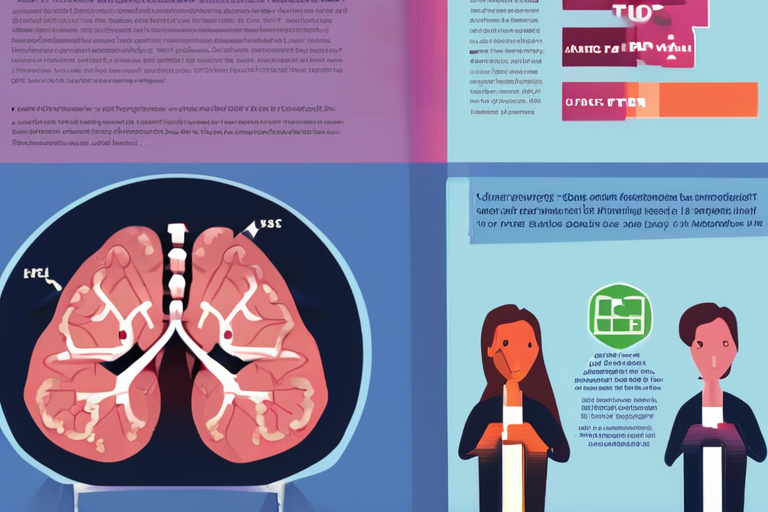
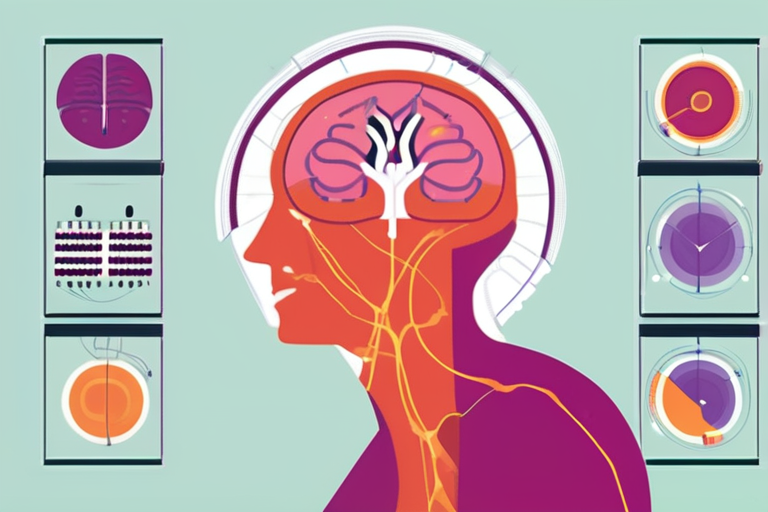



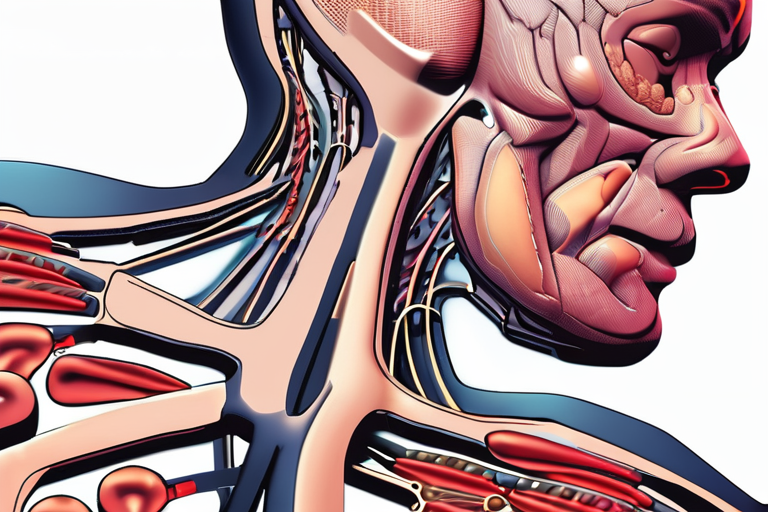
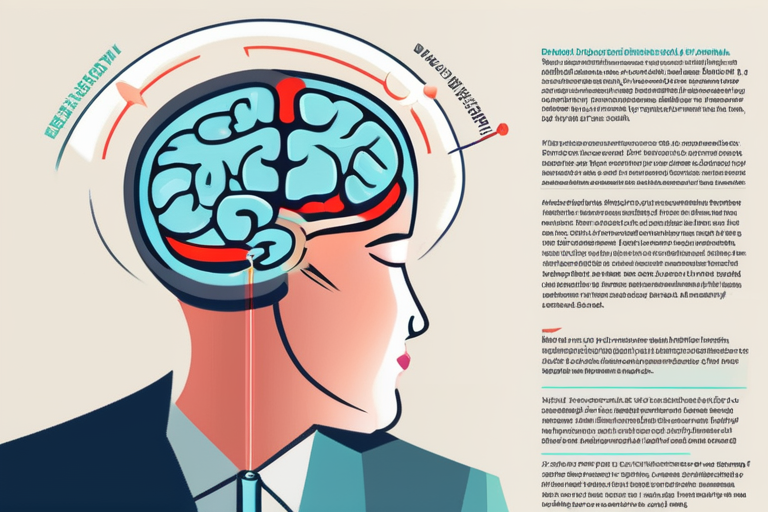


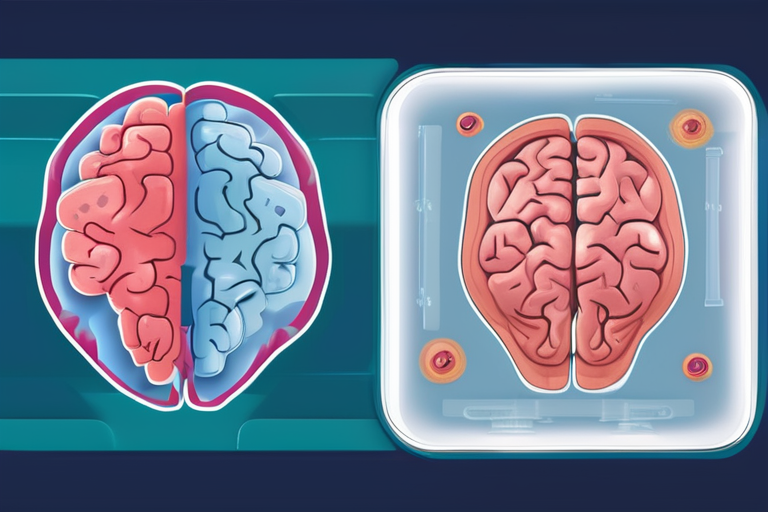
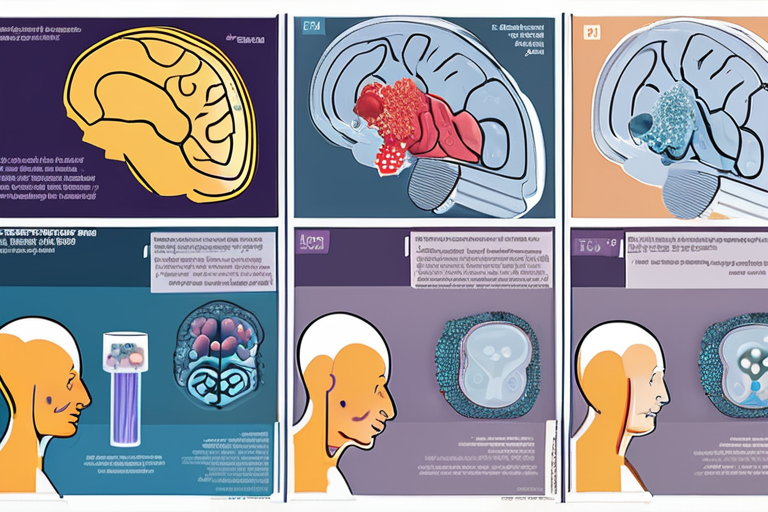


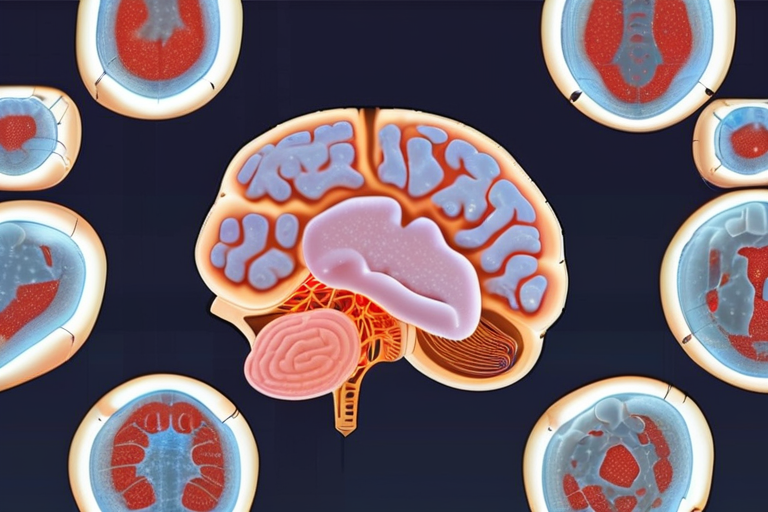

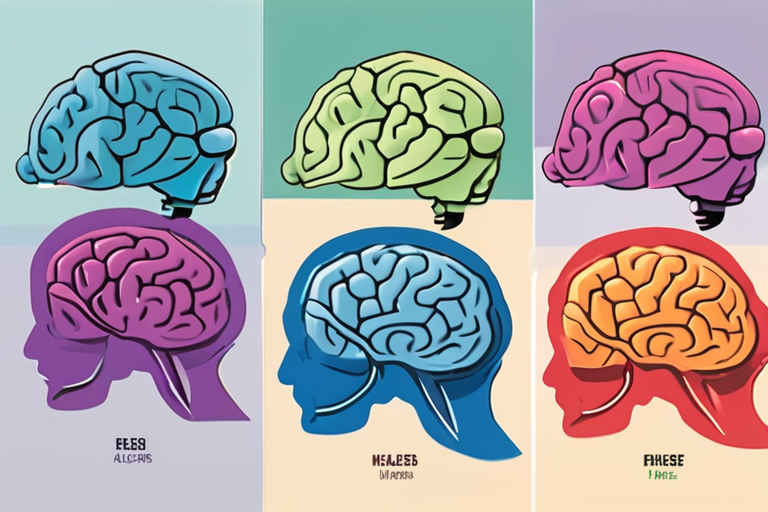
Share & Engage Share
Share this article